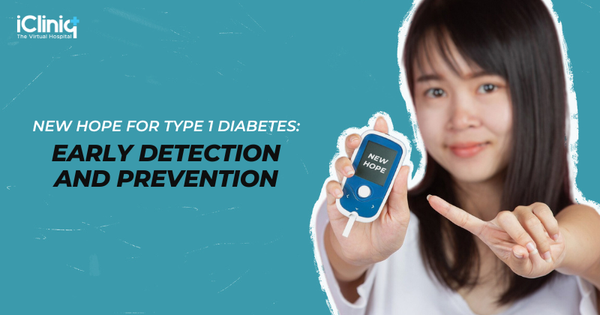Facts About Norovirus

Also called stomach flu, norovirus is an important cause of diarrhea and vomiting in adults with a seasonal prevalence in winter. It is almost time for the frosty weather to set in, and we have also started hearing about sporadic outbreaks, so it is essential to know about this “winter vomiting bug.” Get to know some quick facts and keep the norovirus at bay.

1) Norovirus Symptoms

Just like any other stomach infection, norovirus presents with nausea, vomiting, stomach cramps, and watery diarrhea. One important pick out about norovirus is they do not last for more than three days in most cases. Symptom outbreak occurs 12 to 48 hours after infection. Are you experiencing any of the above symptoms? Do consult your physician either to rule out norovirus or to treat it.
2) Long Incubation Period

Do you know you can spread the virus even after you become asymptomatic? Yes! The norovirus can remain on surfaces for as long as two weeks. Once infected, be accountable and stay in isolation even after your symptoms subside so as not to spread the disease to others. Do not handle food items or cook for others.
3) Reinfection

Thinking you are immune to norovirus since you had a previous infection? We are afraid you are not! Because contrary to many viral infections, norovirus can make you sick multiple times, say about five times. The different strains of norovirus are responsible for this character of the infection. Therefore, do not be negligent that you will not get sick with norovirus again. Follow the preventive measures just like you are new to the virus.
4) Serious Dehydration

As you all know, vomiting and diarrhea bring dehydration. Serious dehydration is linked with norovirus, especially in children and older adults. Norovirus usually does not need treatment, other than plenty of fluids and electrolytes. But when it presents with symptoms like dry mouth, yellow-colored urine, reduced urination, fatigue, muscle cramps, and headache, run to your healthcare provider. These are signs of severe dehydration that require immediate medical intervention.
5) Treatment

As of now, we do not have a specific antiviral drug to treat norovirus. However, do not worry. Rest and hydration come to the rescue after norovirus infection. Take oral rehydration solutions (ORS) to replenish water loss. To treat diarrhea, anti-diarrheal medication may be recommended. A bland diet takes the edge off nausea and vomiting.
6) Prevention

Delightedly, even without vaccines, the prevention of norovirus is not a biggie! Proper cleaning and handwashing prevent the virus from spreading. As spread can occur with surface contamination, wash your hands thoroughly with soap and water after using the restroom and before eating or handling food. If you experience diarrhea or vomiting, clean up the area immediately and dispose of the waste in double garbage bags.
Beating off the bugs before they bite is much better than worrying about it later. Therefore, do all that you can to fight your corner. Despite all the efforts, if you get infected with norovirus, do not panic. Consider the isolation period to be a much-needed break and fight it with grit.

Content published on this website is not intended to be a substitute for professional medical diagnosis, advice or treatment by a trained physician. Seek information from your physician or other qualified healthcare providers with questions you may have regarding your symptoms and medical condition for a complete medical diagnosis. Do not delay or disregard seeking professional medical advice because of something you have read on this website.





